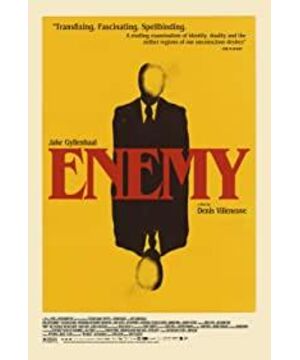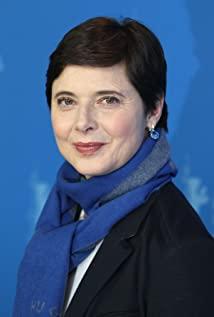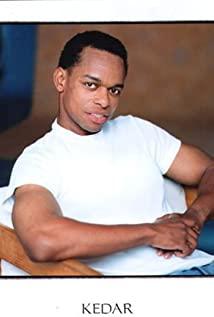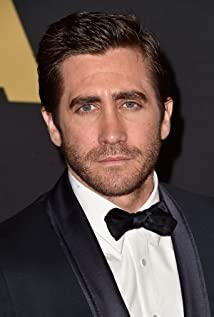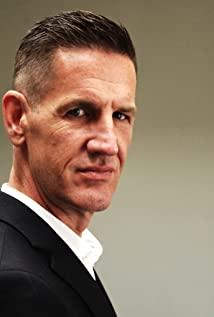After watching "The Enemy" twice, I feel that Dennis Villeneuve has a curious control over big propositions and complex story texts. A director who used the logic of literary text to make a movie made a wonderful philosophical and anthropological discussion. Adam and Anthony in "Rivals" are two people with exactly the same looks and physical signs, but with very different social identities and life trajectories. This kind of tone can easily lead to suspense film routines such as dual personality and mental problems. . In similar movies, whether it is Hitchcock's "Mentally Ill", Martin Scorsese's "Bounded Island", David Fincher's "Fight Club"... etc., in terms of narrative logic, different personalities They will never appear at the same time, but Dennis has designed two complete and specific life situations for the characters, and the same characters carrying the two desire states actually meet in the same space. If the goal of the director is to put the last suspense point on the split personality, it would have broken the stalk prematurely, and it would have been too clumsy. However, the end of the film obviously does not have the sudden pleasure of a suspense film. Instead, it is lost in the chaotic scene. If you remove the suspicion of science fiction and watch this film from the story, you will understand that the film does not care at all. The true logic of psychological suspense condenses the volume of the text of the novel into a film, using literal logic to narrate, without being restricted by real ethics and time and space. Jack can release his erotic desires as a third-rate actor at the same time, and then again Distressed as a university professor. If you just follow the story and want to understand the ins and outs, you will fall into the logical trap of your own hypothesis. The director just concretized the entanglement of desire, pleasure and moral condemnation, creating a virtual fable, intercepting some of the text fragments, and concisely explaining a grand proposition: desire is instinct, but in reality it needs to be controlled and constrained by morals and ethics. , And even imprisoned, these are the two opposites of desire itself, which are each other's enemies. If the intention of the film is roughly grasped, the chaotic fragments are easy to piece together.
The key to the beginning opened the moral and ethical shackles of desire and stimulated the awakening of sultry lust. Adam’s sex with his girlfriend almost went straight to the subject, and after every passion, his girlfriend hurriedly left with almost no dialogue. The director used behavior The model explains the symbol of Adam's personality and is the most instinctive drive of desire. The process of Adam's search for another personality is also a reflection of the struggle between desire and moral restraint. In the end, desire is restrained and returned to the family, but is opened by the key again. The boundary where desire fades is still desire. The remaining seawater will soon usher in another round of tides, but it is always limited and subject to the most sober gravitational force of the desire center... The most elegant part of the film is that there are only a few The lens depicts the overlap between desires and retreats. The two desires of Adam and Anthony have no clear boundaries. Anthony, who was originally in the family role, plans to replace Adam. The motivation is the simplest desire for a beautiful female body. , And Adam is becoming more and more comfortable at both ends of morality, naturally acting as a controlled wave, just like the beginning of the film, the chaotic unknown has a new appearance, and lust begins to look for new rocks.
View more about
Enemy reviews


